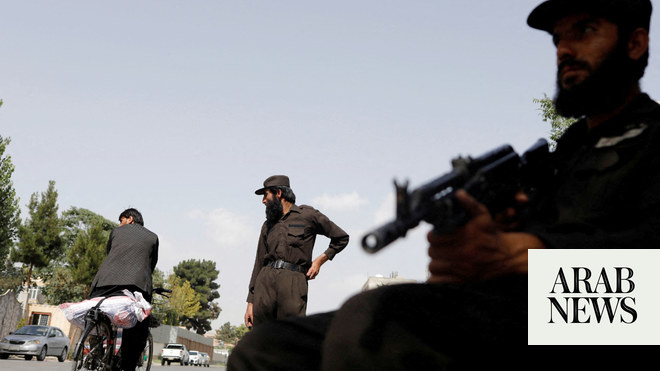
The price of opium has tripled in Afghanistan since the Taliban — who partly funded its insurgency on the drug — seized power and announced a possible ban.
The Islamist group took control of the Afghan capital in mid-August after a lightning-fast campaign swept through the country. Among the signals sent to the international community in a bid to retain crucial financial support, the group said the country would no longer produce narcotics.
This caused the price to spike. At a market in southern Afghanistan, Amanullah (not his real name) and his colleague Mohammad Masoom know they"ll be able to fetch a good price for their latest batch.
The opium they sell is pure. They checked by extracting a small pellet from one of their 4-kg bags of brown sludge and placed it in a bowl over a flame. The poppy resin had boiled, liquified and remained homogenous, proof it has not been cut with chemical additives.
They should be able to get 17,500 Pakistani rupees per kilo, or about €90, Mohamad explained.
A few kilometers away, still in Kandahar province, Zekria (not his real name) confirmed the recent surge in prices. This farmer now sells his opium, which is of better quality than Mohammad"s, for more than 25,000 PKR a kilo, or about €126, compared to 7,500 PKR before August.
The opium is then processed either in the country or in neighboring Pakistan and Iran and primarily fed into the European market. A number of factors influence the price of opium: weather, security, political turmoil, border closures.
But none have had the impact of the Aug. 17 statement by Taliban spokesman Zabihullah Mujahid which saw rumors of an imminent ban on poppy cultivation spreading like wildfire in Kandahar province, a historic Taliban stronghold, a major opium producer and a trafficking hub.
Buyers are anticipating a shortage of opium, "and that"s driven up prices," Zekria said. The 40-year-old, who has spent the last 20 years growing poppies just like his father and grandfather before him, doesn"t believe the Taliban "can eradicate all opium in Afghanistan".
In 2000, the first Taliban regime had banned opium cultivation as "haram" (contrary to Islamic law) and reduced production, before being overthrown by the West, which also sought to eradicate it.
But year after year, Afghan opium production remains very high. In 2020, the country, the world"s top cultivator of the poppy, produced 6,300 tons on 224,000 hectares, according to the UN.
The production generates about $2 billion (€1.7 billion) in revenue in one of the world"s poorest countries.
Farmers in the South, however, are in no rush to seek confirmation that a ban is coming.
"We know it"s not right, that it"s forbidden by Islam. But we have to otherwise we can"t earn a living. Here we have no water, no seeds, we can"t grow much else," Mohammad said.
Zekria, who has a family of 25 to feed concurred: "Without opium, I can"t even cover my costs. We have no other work, no other solution if the international community does not help us," he added.
But international aid has so far failed, despite the huge sums ($8.6 billion, €7.4 billion) invested by the United States over the past 20 years.
The Taliban, meanwhile, financed their rebellion against the Western coalition largely on opium production and trade. The UN estimated that about "half of their income" in 2016 came from it.
Now they"re back in power but the economy is in tatters and famine threatens a third of the population, according to the UN.
In his office in Kandahar, one of the provincial officials, Mullah Noor Mohammad Saeed, reiterated, "producing opium is forbidden by Islam and bad for people."
But he was careful not to confirm a forthcoming ban, and also passed the quid to the international community: "If they are ready to help the farmers stop opium, then we will ban it." — Euronews












